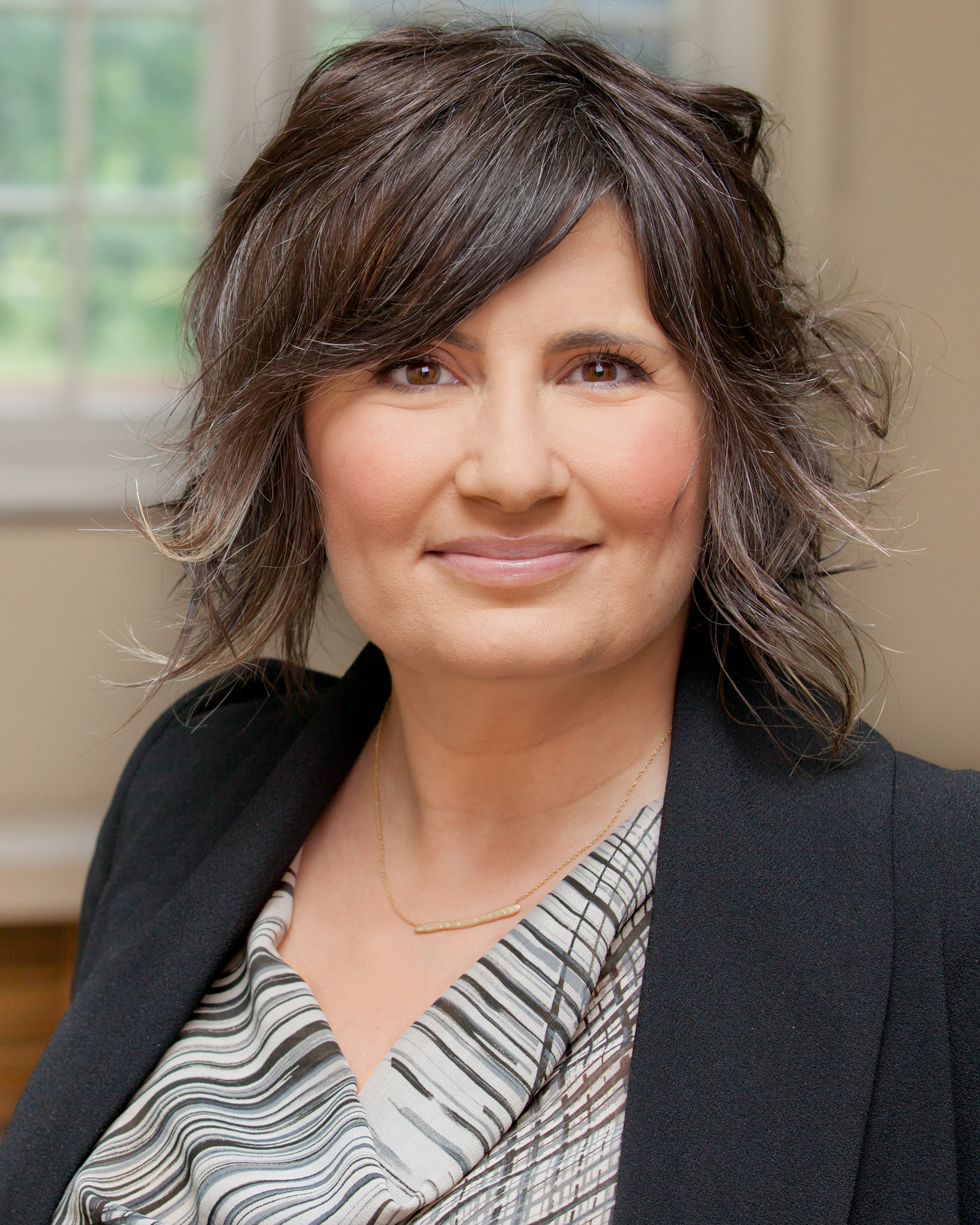
The national director of Pro Bono Students Canada will use a fellowship to look at how legal coaching may help self-represented litigants tackle their legal problems.
 Nikki Gershbain, head of Pro Bono Students Canada since 2010 and a former family lawyer, is one of the recipients of this year’s Community Leadership in Justice Fellowships. Recipients of the award from the Law Foundation of Ontario receive up to $15,000 to cover costs at a host college or university.
Nikki Gershbain, head of Pro Bono Students Canada since 2010 and a former family lawyer, is one of the recipients of this year’s Community Leadership in Justice Fellowships. Recipients of the award from the Law Foundation of Ontario receive up to $15,000 to cover costs at a host college or university.
Gershbain will be partnering with Dr. Julie Macfarlane at the University of Windsor’s Faculty of Law. As part of her fellowship, the LFO said Gershbain will create “teaching tools for a new model of legal service delivery called legal ‘coaching.’”
“I think that we’re looking at self-represented litigants because really, they are the manifestation of so many of the problems that we’re seeing in the justice system. When we as a profession start to look at these alternative models of service delivery, it’s because so many people are self-represented,” says Gershbain.
“The vast majority [of people] who self-represent don’t necessarily want to be in that situation. They would prefer to be represented by counsel but they don’t have the resources to be able to afford it, or they were represented by counsel, but they ran out of resources.”
Gershbain said there are “huge massive numbers of ordinary Canadians who cannot afford to access justice,” and this impacts the greater justice system.
“Self-representation is not only onerous for the person who’s going through it, but it also is a burden on the court system, so issues take longer to resolve, they’re harder to settle, and I think, significantly, it means higher costs for the person who is represented, so if you’ve got one person who’s represented and one person who isn’t, you’re also placing…a burden on that person for no fault of their own, necessarily.”
For Gershbain, developing legal coaching is part of the unbundling trend. The lawyer’s job in the coaching model is to “set the client up for success,” she says.
“[T]he lawyer is there to guide the client through the process, teach the client what he or she needs to know to get through the process, and to empower the client to be able to get through it on their own,” she says.
Gershbain likens legal coaching to what a coach does in sports, where a coach “brings out the very best” in an athlete. She says ideal clients for coaching would have high levels of literacy and comprehension, an openness to being coached, and self-motivated and self-directed. However, she says coaching is not “the right solution” for everyone.
“Part of the teaching and the training of lawyers is to think about who are the clients out there who would be appropriate to be coached,” she says.
Brenda Young, community justice director for the Chippewas of the Thames First Nation, in southwestern Ontario, is also a fellowship recipient.
Young’s fellowship, with Western University’s Faculty of Law, will target “the connection between international and domestic legal frameworks on the human right to economic justice for Indigenous people and how these can be translated and applied to achieve economic justice locally,” according to a LFO news release.
Sarah Pole, executive director of Law in Action Within Schools, will look at urban inequity as part of her fellowship. The LFO said she will “research and build connections among the education, legal, and urban planning sectors to explore how our physical environments impact diverse youth, their education, and their ability to engage as citizens in issues that matter to them.”
Through the fellowship, organizations can receive up to $50,000 to cover the cost of filling the role of the fellow, or supporting the organization, while the fellow’s work is underway.